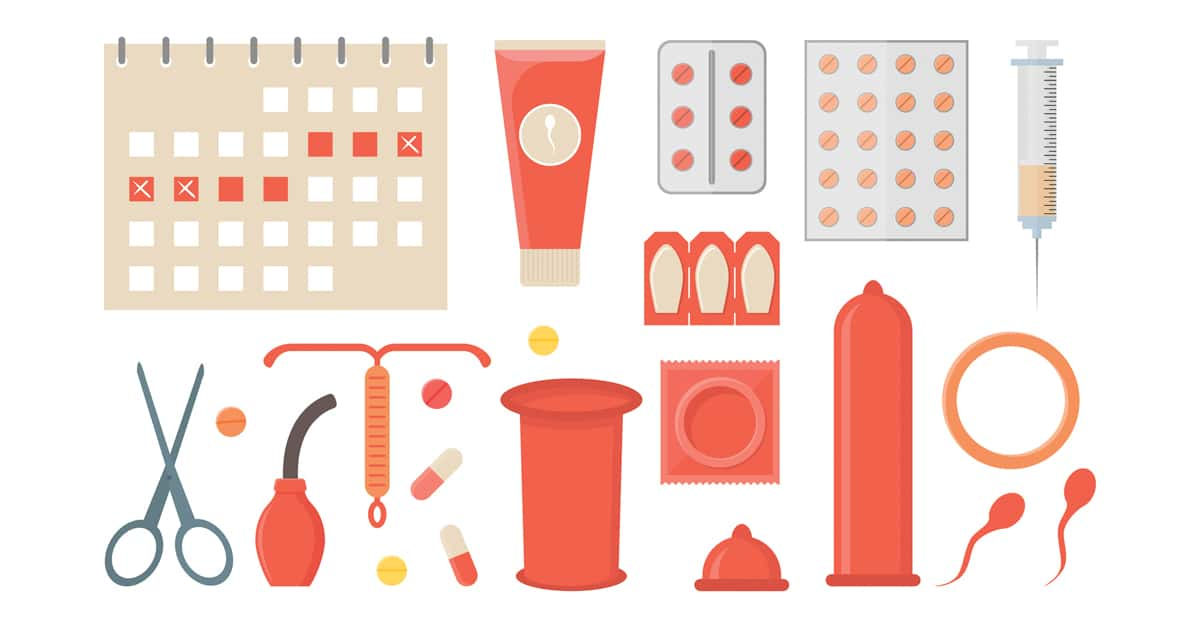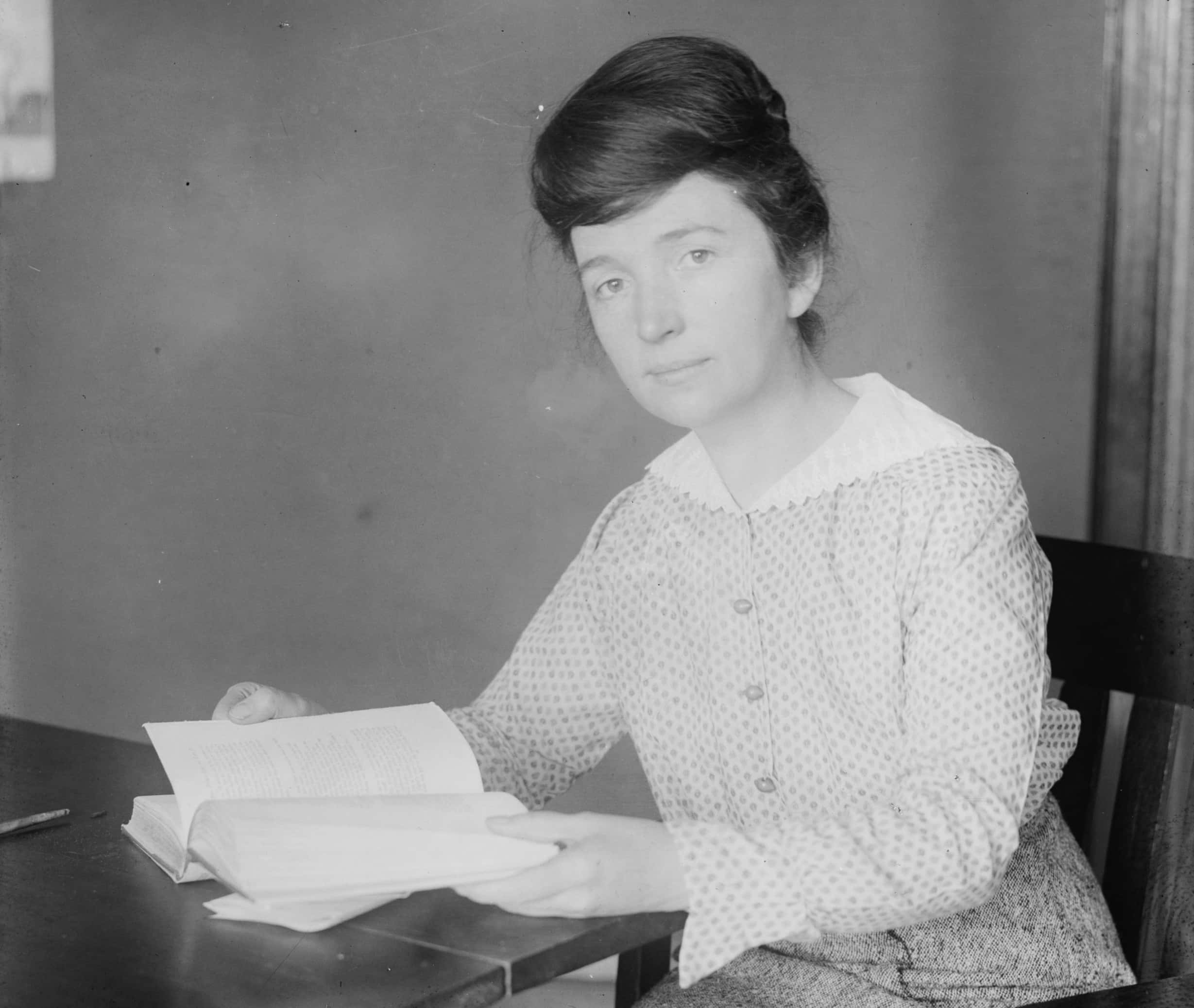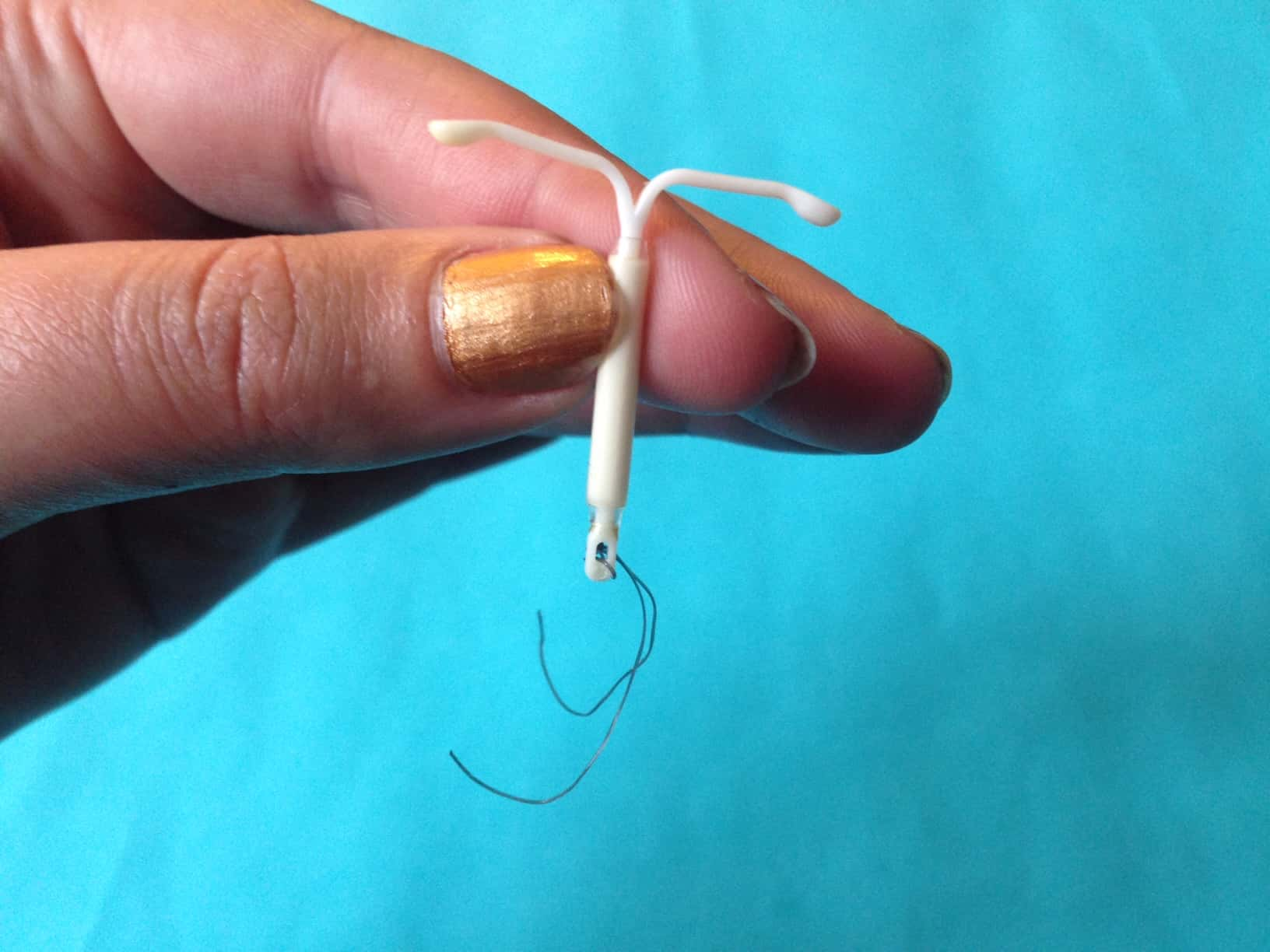Birth control can be a controversial subject. Churches oppose it, governments try to restrict it, parents and children get uncomfortable talking about it. But birth control does important work: it prevents unwanted pregnancy, gives families and individuals greater control in planning their lives, and can help regulate a host of health issues. Trying to decide if birth control is right for you? Here are 24 impregnable facts about birth control.
Birth Control Facts
24. (Almost) Everybody Uses It
More than 57% of all women of childbearing age want to use some form of birth control. In the United States, 62% of women use some form of birth control, and 98% of American women say they have used some form of birth control at one time or another.
23. Birth Control and the Developing World
As of 2012, as many as 645 million women in the developing world were using some form of modern birth control, but there remain those with unmet birth control needs. Meeting existing demand would be costly, but would prevent 21 million unplanned births, 16 million unsafe abortions, and 7 million miscarriages.
22. Condoms
Some archaeologists claim the earliest form of birth control is the condom, and that the condom has been in use since Antiquity. Some of the earliest ones were made of animal bladders.
21. The Pessary
Not all archaeologists agree, however; they argue that in most ancient cultures, contraception was generally regarded as the woman’s responsibility, and condoms weren’t used commonly until much later. In ancient times, women could resort to the pessary, an inserted barrier contraceptive. Pessaries were sometimes made of crocodile dung (which, being highly alkali, acts as a spermicide).
20. The Blacksmith’s Solution
Other methods were less effective. One ancient Greek gynecologist advised women to drink the water blacksmiths had used to cool their works.
19. Gardening
Over the years, women relied on a variety of herbs and plants that had contraceptive or abortive properties. These included pennyroyal and wild carrot. One root, silphium, so popular in Ancient Rome that it became extinct due to over-harvesting.
18. When Life Gives You Lemons…
Women in the eighteenth century would sometimes use lemons as a diaphragm. The citric acid was an effective spermicide, but could also damage vaginal tissue.
17. Breastfeeding
Breastfeeding can be as effective a form of birth control as the pill, but it needs to be done properly. According to Planned Parenthood, if you exclusively breastfeed (that is, nurse every 4 hours in the day and every 6 hours in the evening), you naturally don't ovulate—and no ovulation means no pregnancy.
16. Birth Control and the Church
For centuries, the Christian church has opposed active forms of contraceptive. Naturally, this created a taboo around birth control that lasts to this day. As recently as 1997, the Catholic Church reiterated the opinion, stating contraception “harms true love and denies the sovereign role of God in the transmission of human life.”

History's most fascinating stories and darkest secrets, delivered to your inbox daily.
15. Interrupted
In lieu of active contraception, the church has advised coitus interruptus, i.e. pulling out before ejaculation. Modern studies show this to be only 73% effective.
14. Just Don’t Do It
Others have urged that the only 100% effective means of contraception is abstinence. Despite the proven inefficacy of the abstinence-only approach, 26 states are legally mandated to stress abstinence.
13. Unintended Pregnancies
82% of the United States’ 750,000 teenage pregnancies every year are unintended. This number tends to be highest among students given an abstinence-only sex education.
12. Margaret Sanger
The first birth control clinic in the United States was opened by Margaret Sanger, a nurse and activist. Sanger had seen first-hand the value of family planning: her mother endured 18 pregnancies in 22 years before dying at the young age of 49.
11. The Comstock Laws
Sanger’s work frequently ran afoul of the Comstock Act—a group of laws that prohibited the dissemination pornography, sex toys, contraception, and even personal letters containing sexual content. Through frequent challenges on free-speech grounds, Sanger was able to slowly chip away at the Comstock Laws until 1936, when the provision banning contraceptives was overturned.
10. The Pill
The first birth control pill, Enovid, was cleared by the FDA first in 1957 to treat menstrual disorders, and then in 1960 as a deliberate contraceptive. It has been named one of the “seven wonders of the modern world” for triggering the sexual revolution and allowing women a greater role in the workforce.
9. Pill of the Year
In 1967, the birth control pill appeared on the cover of Time magazine in recognition of its enormous impact on society.
8. The One-Child Policy
China’s “One-child policy,” enacted in 1979, ensures that birth control is provided free to all families. The policy prevented an estimated 400 million births between 1979 and its deactivation in 2016, but led to an aging population with a skewed gender balance.
7. Smell and Taste
In addition to preventing unwanted pregnancies, the pill can also help mitigate menstrual symptoms and hormone fluctuations. But the birth control pill can also alter the user’s taste in men. Studies have shown women on the pill prefer the scent of men whose major histocompatibility complex (MHC) genes are similar to their own; normally, women prefer men whose MHC genes are different.
6. Fake News
The rise of the pill was met with a variety of urban legends, rumors, and deliberate attempts to spread misinformation. It has been said that the pill can increase a woman's risk of miscarriage, and even cause permanent infertility. Not only is that untrue, the pill has also been shown to lower the risk of uterine and ovarian cancers.
5. The IUD
One alternative to the pill, the IUD, is gaining in popularity. A small implant, the IUD is more convenient and consistent than a daily pill. Between 2002 and 2011, IUD usage tripled, and now upwards of 10% of contraceptive-using American women have one.
4. Safe Sex
Other factors have made birth control a less taboo subject. For example, in response to the AIDS crisis, condom sales in the US grew.
3. Condomania
Condomania, the US’s first contraceptive speciality store, opened in 1991. The New York City emporium carries over 100 varieties of condoms from around the world, and takes an active role in spreading awareness about safe sex. They have given presentations to strippers’ unions and the Center for Disease Control.
2. Family Planning
It is important to dispel the notion that birth control is only for young people, or people not in committed relationships. 45% of married couples, globally, use some form of birth control.
1. Be Consistent
The first time you had sex, it's very likely that you did not use birth control. Up to a quarter of Americans don't use birth control the first time. Also, many people don't use birth control methods properly. To make the most of your methods, be consistent. Of the couples who use birth control but do experience an unintended pregnancy, 95% were using a contraceptive incorrectly or inconsistently.
Sources: 1, 2, 3, 4, 5, 6, 7, 8, 9, 10, 11, 12, 13, 14, 15, 16, 17



































